Android’s biggest problem has always been and always will be fragmentation, though it’s nothing you can really fault Google for. Their updates come in fast, furious, and regularly, but their business model of licensing Android (and their Google Play Services platform) out to any interested manufacturer creates a default bottleneck for getting all Android users on the latest and greatest software. That’s why it aways annoys us when Apple throws salt into that wound and pins all the blame on Google when Google has little say in how OEMs conduct their business.
But it seems the company may have a plan to make Apple shut it. In updated Compatibility Design Documents (the rules OEMs must adhere to if they want to ship their Android devices with Google’s love on top), Google seemingly talks about a new system that could “extend” Android’s functionality using shared libraries that OEMs would be forced to include in their Android installations.
Ron Amadeo’s working theory is that these libraries (which currently exist as little more than shells while Googe prepares to make whatever move they’re eyeing) are going to be used like Google Play Services is used now. Google provides new features and functionality for users and developers through updates to Google Play Services, meaning many of Android’s new features can be enjoyed by people as far back as KitKat and maybe even earlier.
That isn’t the case with some current OS-level functionality which can only be obtained through firmware updates, though. And that’s what this could change — new, open-source APIs that can be delivered to devices as easily as Google Play can update an app.
Of course, with that only being speculation and there not being enough information, it’s not worth letting your excitement get the best of you. We don’t know Google’s exact plans nor the extent of whatever it is they’re looking to do. We don’t know if this is serving a more niche purpose or the beginning of a transformation that could solve Android’s biggest issue. Let’s just hope it won’t take long to see exactly where this is going.

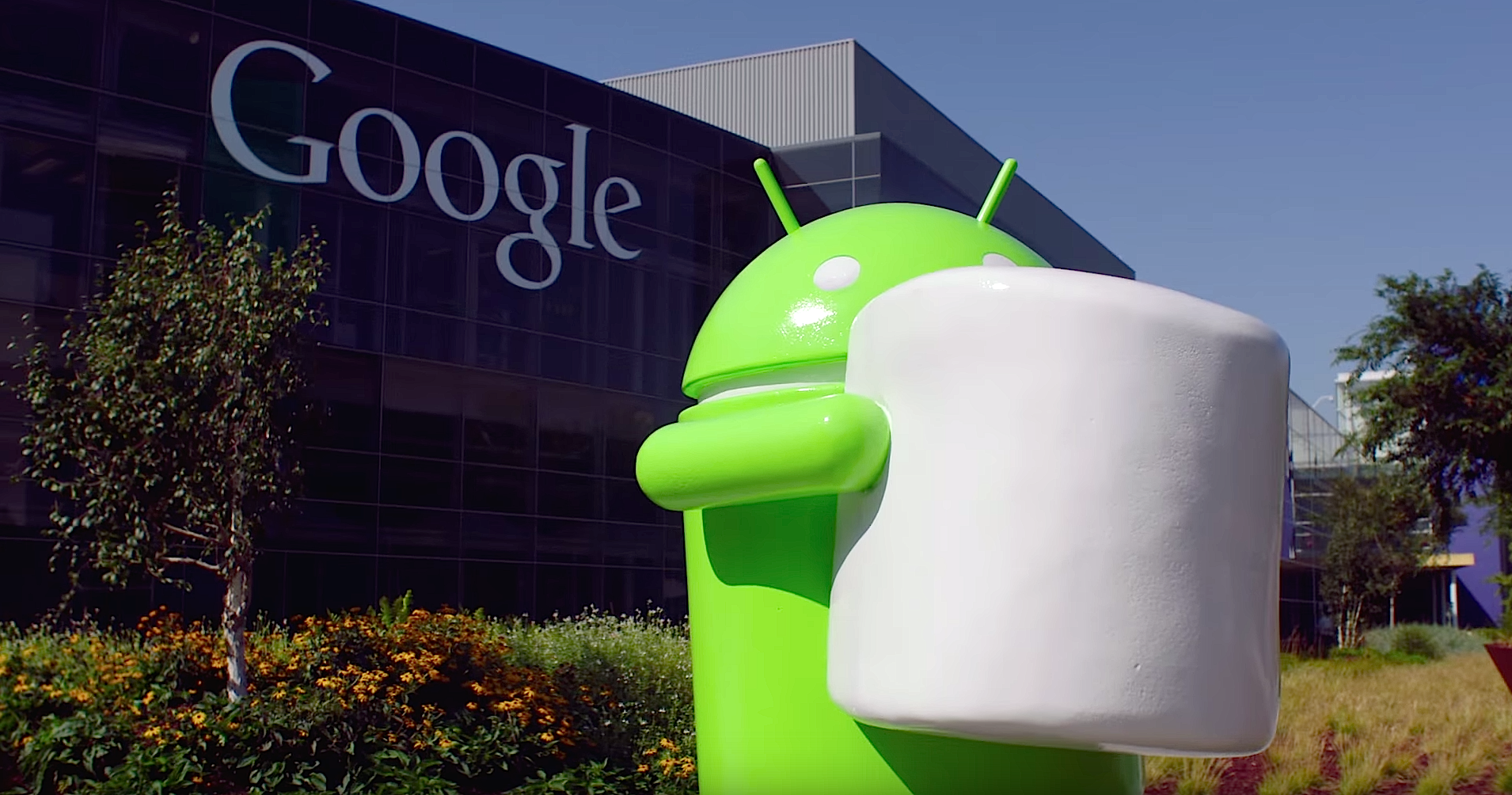
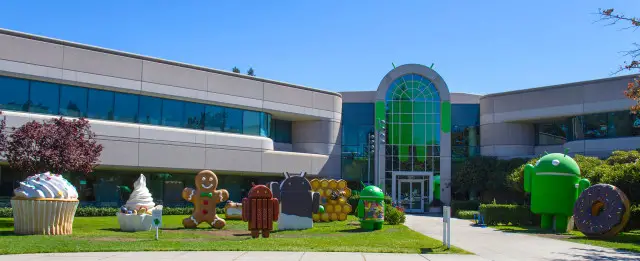
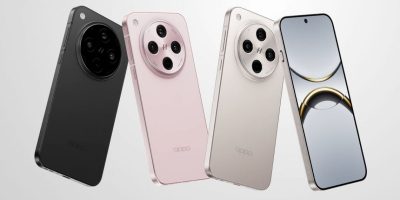
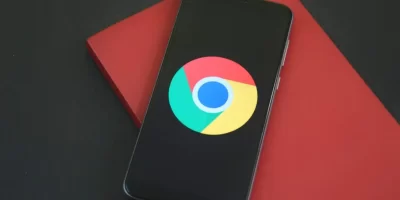

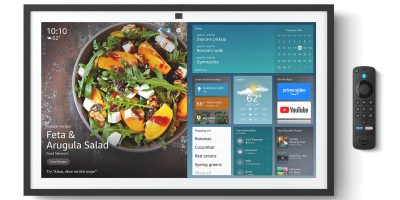
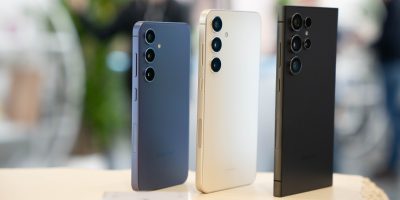
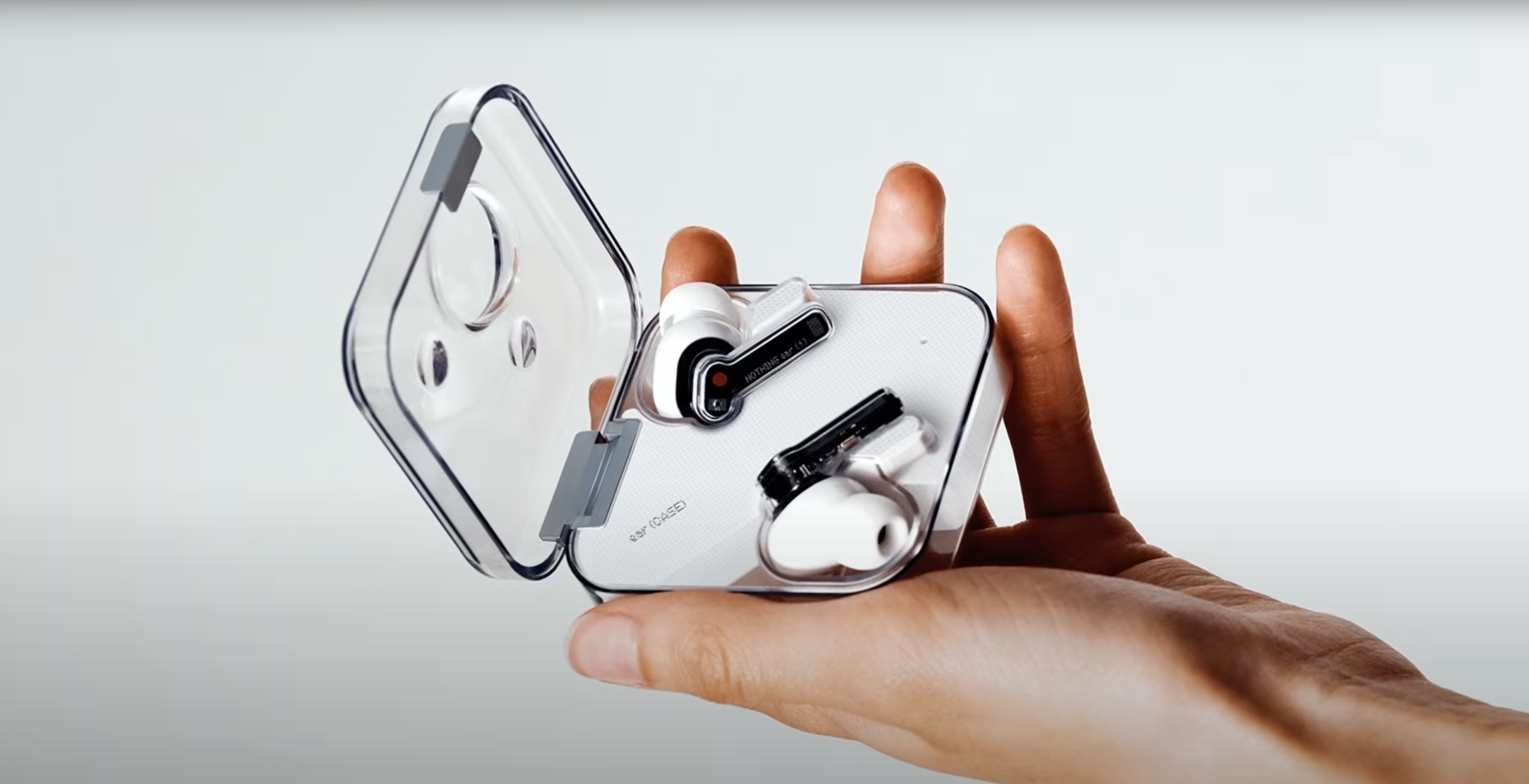
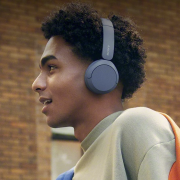


Comments